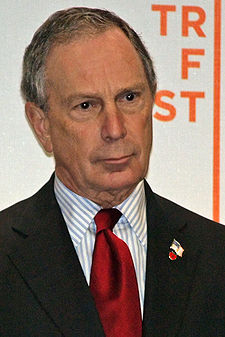Lasker Awards show controversy of basic science


This year's awards are different. They expose major political fault lines:
- The basic medical research award went to pioneers in stem cell research.
- The clinical medical research award went to the team behind Gleevec, a leukemia drug whose high price has been the focus of worldwide protests. The drug was worth $3 billion in 2007.
- The public service award went to New York City mayor Michael Bloomberg, now seeking re-election after overturning a term limits law. Bloomberg was honored for his work against smoking, including banning indoor smokes.
The awards highlight a truth about this decade, the fact that controversy and politics now follow medicine, and the search for medical discoveries, wherever they go.
Bloomberg's award may be the least controversial, but his efforts against smoking were, when first implemented in 2003, very contentious. Now they are commonplace. He also put his money where his mouth was, giving $125 million of his own money to the anti-smoking effort in 2006.
Work on stem cells has been a political fault line throughout this decade, one Yamanaka sought to erase through his technique of direct reprogramming, which now allows scientists to extract stem cells from liposuction. But would Yamanaka have been allowed to solve the problem if ethical lines forbade scientists from walking up to it?
The problem with Gleevec, whose generic name is imatinib, is its price, which led an Indian court toinvalidate its patent in 2008. (NOTE: A correspondent correctly noted tha tthe patent itself was not invalidated, only the drug-maker's exclusivity on domestic production.) Medpedia downplays the controversy, and on this subject at least Wikipedia does a better job.
Taken together this year's Laskers show medical controversy at every stage of the process -- research, marketing, and public action based on established science. The Foundation committee members may not have meant to be comprehensive in finding controversy, but they were.